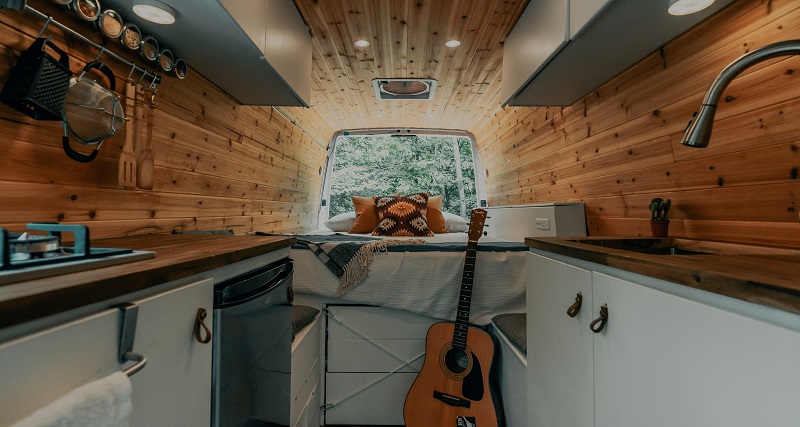According to the Conservation Institute, over 1.7 billion people are living off grid, or not relying on public utilities like water or electricity. If you’re considering converting to off grid living and leading a more environmentally friendly lifestyle, it’s important to keep in mind that you don’t have to sacrifice good, high quality food along the way. From the benefits of growing your own vegetables to sourcing your own water, here’s what you need to know in regards to successfully maintaining your foodie lifestyle.
Clean water for quality cooking
There’s no doubt that water plays a vital role in cooking high quality food, whether you’re boiling a hearty soup, poaching an egg, or creating a spectacular sauce. However, when living off grid, sourcing your own water might seem like one of the most difficult things to do, though there are a myriad of options to choose from. Well water, for instance, is perhaps one of the most common sources of water for off grid living, though if you’re not near one, it can be expensive to install one. On the other hand, natural springs, while not common, are another great solution for fresh water. If these aren’t available to you, buying your water and transporting it to where you’re living is yet another accessible option, as it can be purchased in a large tank (thus making it more convenient if all else fails).

The benefits of growing your own food
Growing your own fruits and vegetables is another great perk of living off grid, and presents numerous benefits of its own that contribute to both an eco friendly and healthy lifestyle. In this way, not only will you know exactly where your produce comes from, but you can ensure you’ll be getting the freshest produce possible that you’ll need for even the most complex dishes. Another benefit is that home grown produce also tends to be more healthy due to it containing more nutrients. This is primarily due to the fact that the majority of produce that is sold in grocery stores has to go through a long process of harvesting, shipping, and distribution, where it then sits in storage or on the shelves – thus causing it to lose nutritional value over time.
The equipment you’ll need
While you obviously won’t have access to a five star kitchen, living off grid can present the unique opportunity to use other styles of cooking that can produce just as good of a result. For example, learning to cook on an open fire can present a learning curve (which is why it’s important to get some practice in before making a full meal), though you’ll learn valuable insights along the way – such as how it’s better to cook over glowing coals rather than actual flames, since the heat will be more stable. Other off grid cooking methods involve the use of a BBQ grill, a wood burning stove, or even a solar oven, each that come with their own learning curve and ability to suit a myriad of different gourmet dishes.
Although continuing a foodie lifestyle while transitioning to off grid living can seem like a lost cause, there are actually a number of ways that you can create healthy, gourmet dishes. From sourcing your own water to growing your own food and investing in the right equipment to cook with, you’re sure to learn a great deal about the art of cooking off grid.